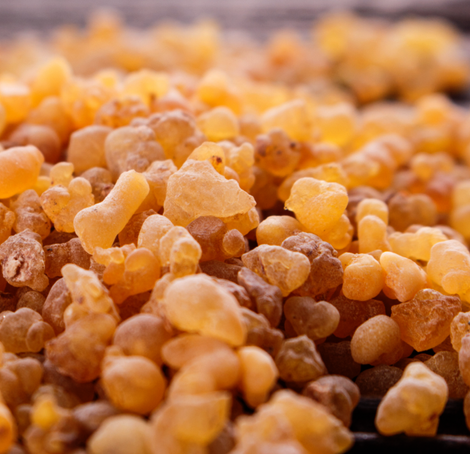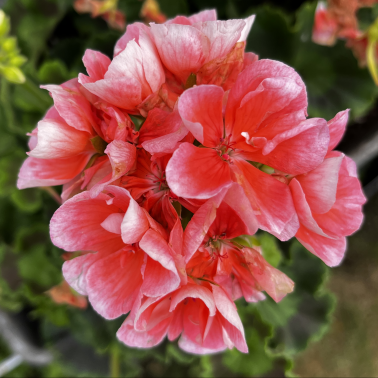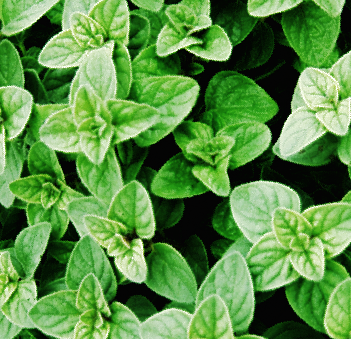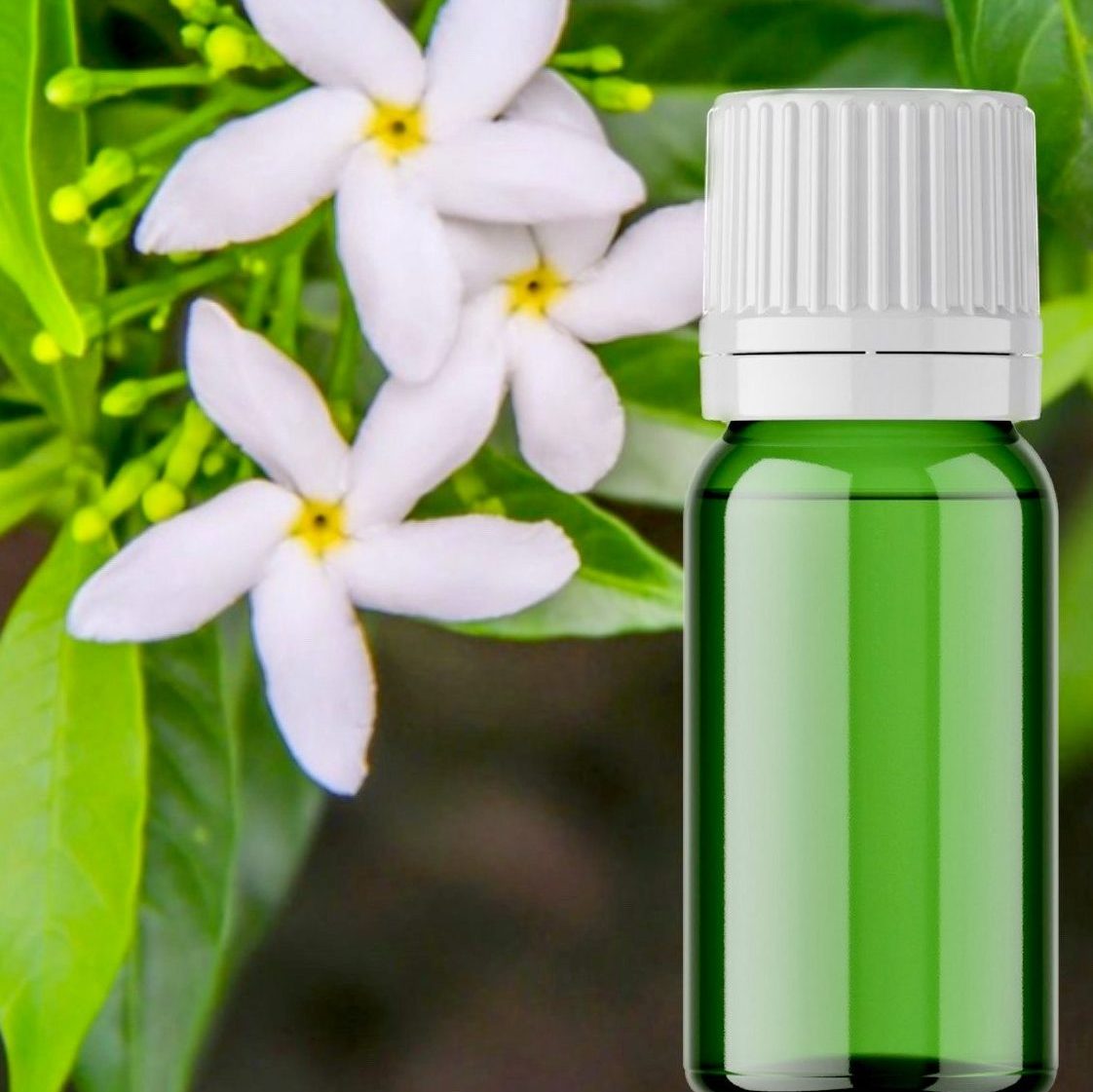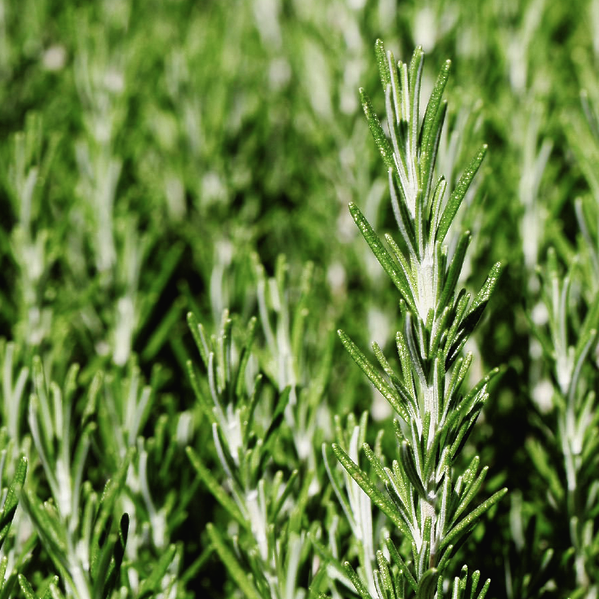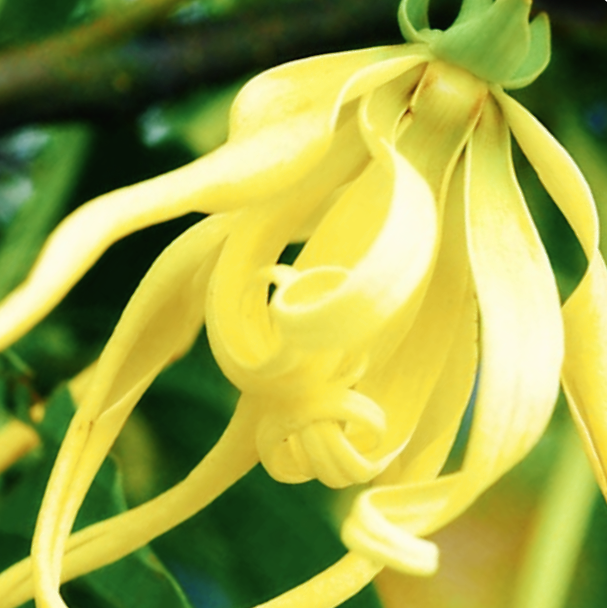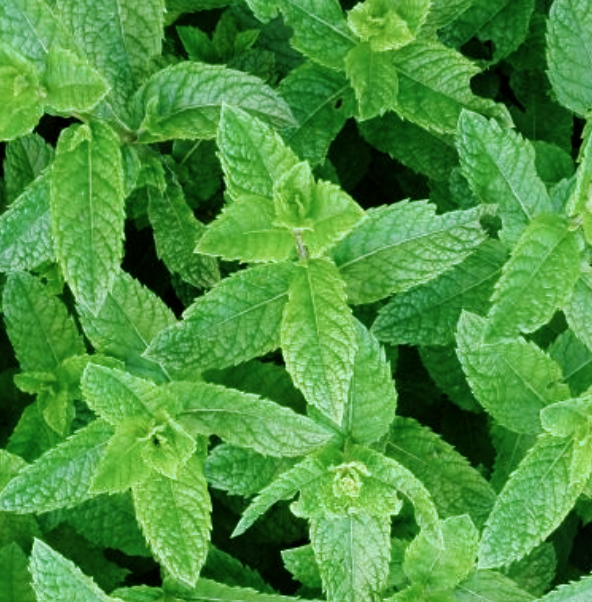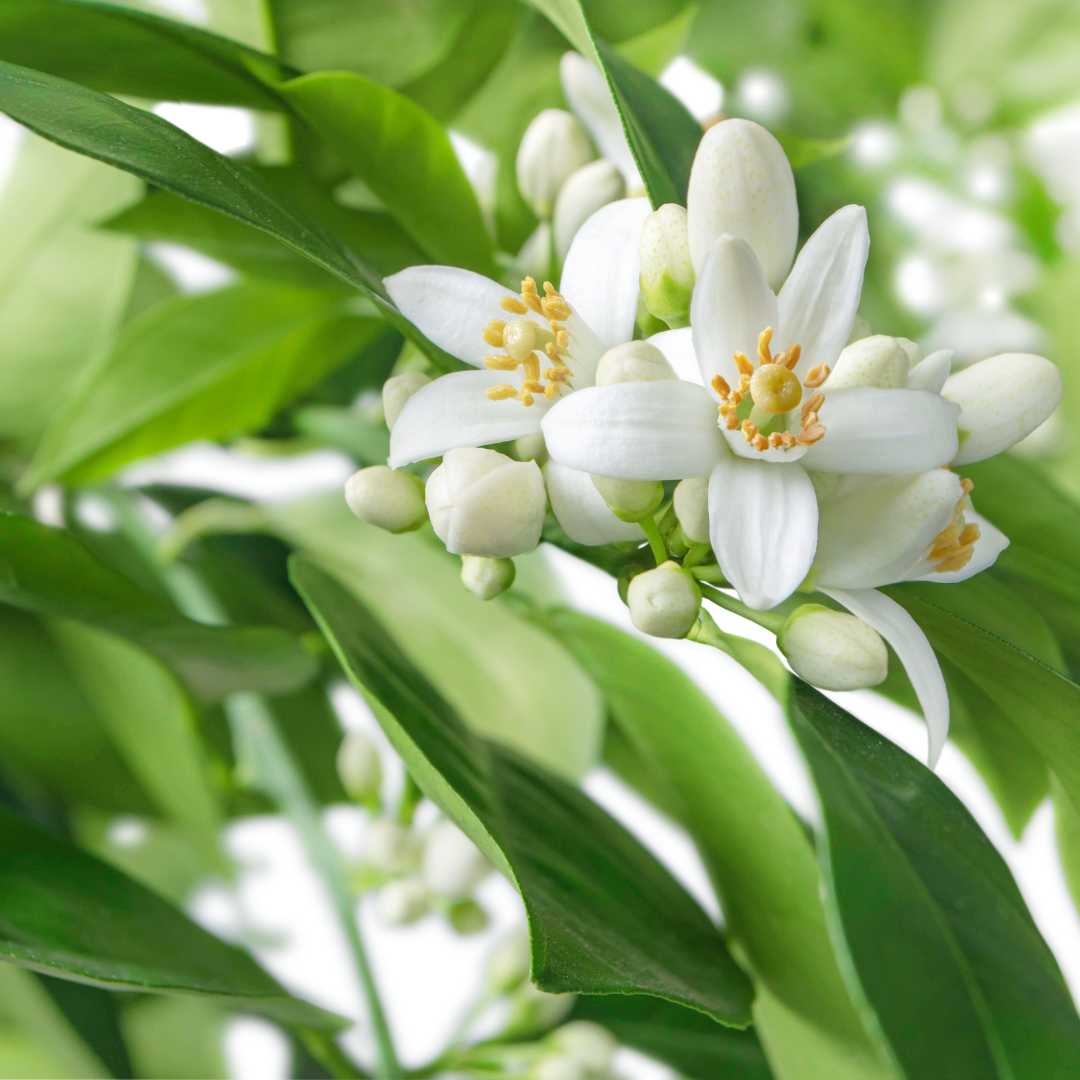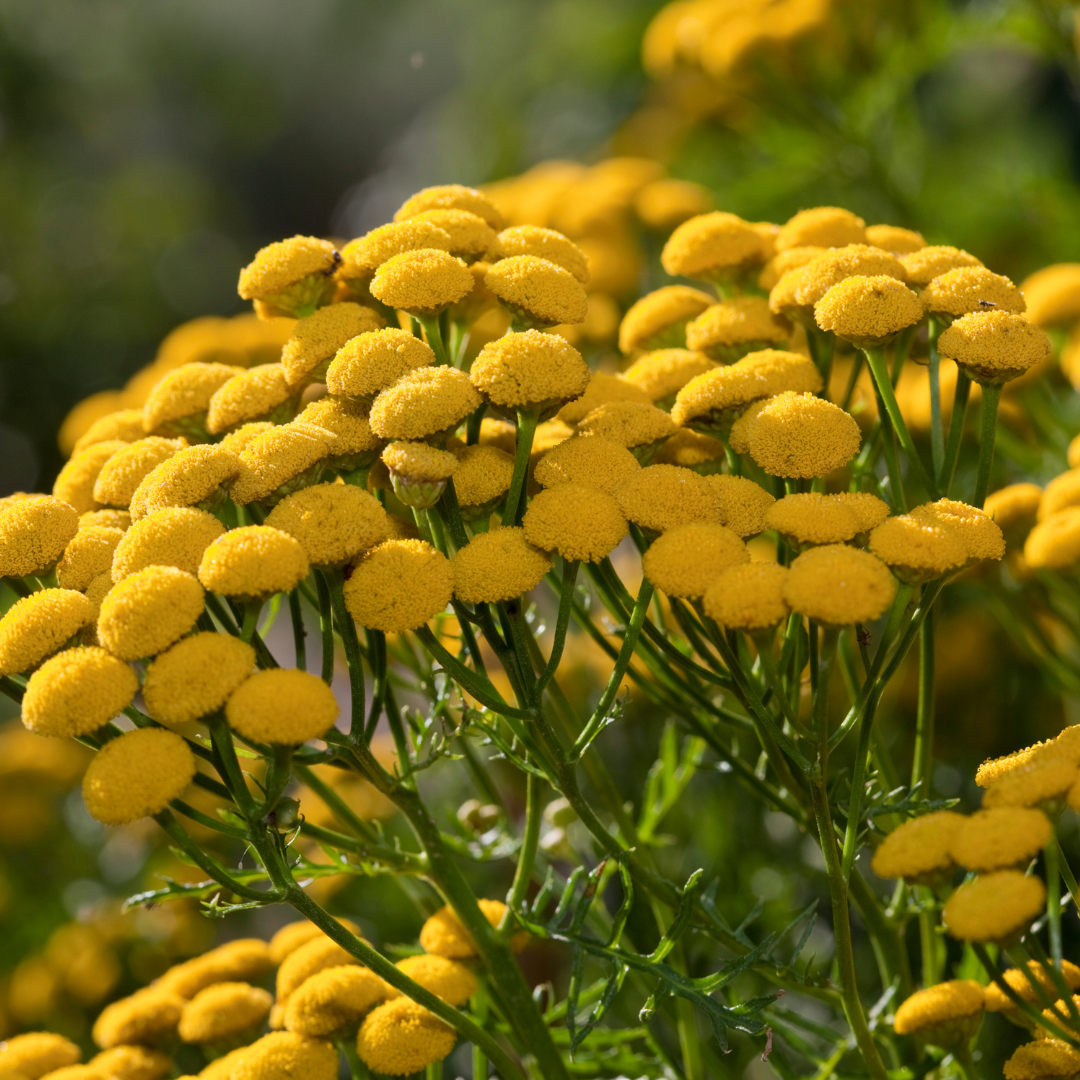(Salvia sclarea)
Clary sage essential oil is derived from the Clary sage plant and has been used for centuries for various therapeutic and aromatic purposes. It is known for its numerous potential benefits. Here are some of the potential benefits of clary sage essential oil:
- Relaxation and Stress Reduction: Clary sage oil is often used in aromatherapy to promote relaxation and reduce stress and anxiety. Inhaling its aroma may help calm the mind and induce a sense of well-being.
- Improved Sleep: Diffusing clary sage oil in the bedroom or applying it topically with a carrier oil may help improve sleep quality and relieve insomnia.
- Pain Relief: Clary sage oil has mild analgesic properties and can be used topically to alleviate muscle aches, joint pain, and menstrual cramps. Mix it with a carrier oil and apply it to the affected area.
- Menstrual Support: Many women use clary sage oil to manage menstrual discomfort and symptoms such as cramps and mood swings. Diluted clary sage oil can be applied to the lower abdomen.
- Skin Care: The antimicrobial and anti-inflammatory properties of clary sage oil make it a potential choice for skin care. It helps soothe skin conditions like acne and dermatitis when applied topically.
- Promoting Hair Growth: Clary sage oil stimulates hair follicles and promote hair growth.
- Reducing Dandruff: Clary sage oil has antibacterial and anti-inflammatory properties that may help reduce dandruff and soothe an itchy scalp.
- Balancing Scalp Oil: Clary sage oil can help regulate the production of sebum, which can contribute to greasy hair.
- Conditioning and Shine: Clary sage oil adds shine and luster to your hair.
- Preventing Hair Loss: Strengthen the hair and reduces the risk of breakage.
- Emotional Well-being: Clary sage oil is sometimes used to promote emotional well-being and self-confidence. It’s believed to have mood-lifting properties.
- Antibacterial Properties: Clary sage oil has demonstrated antibacterial properties, which may help protect against certain infections when used topically.
- Digestive Aid: Some people use clary sage oil to relieve digestive discomfort, such as indigestion or gas. It can be diluted and massaged onto the abdomen.


